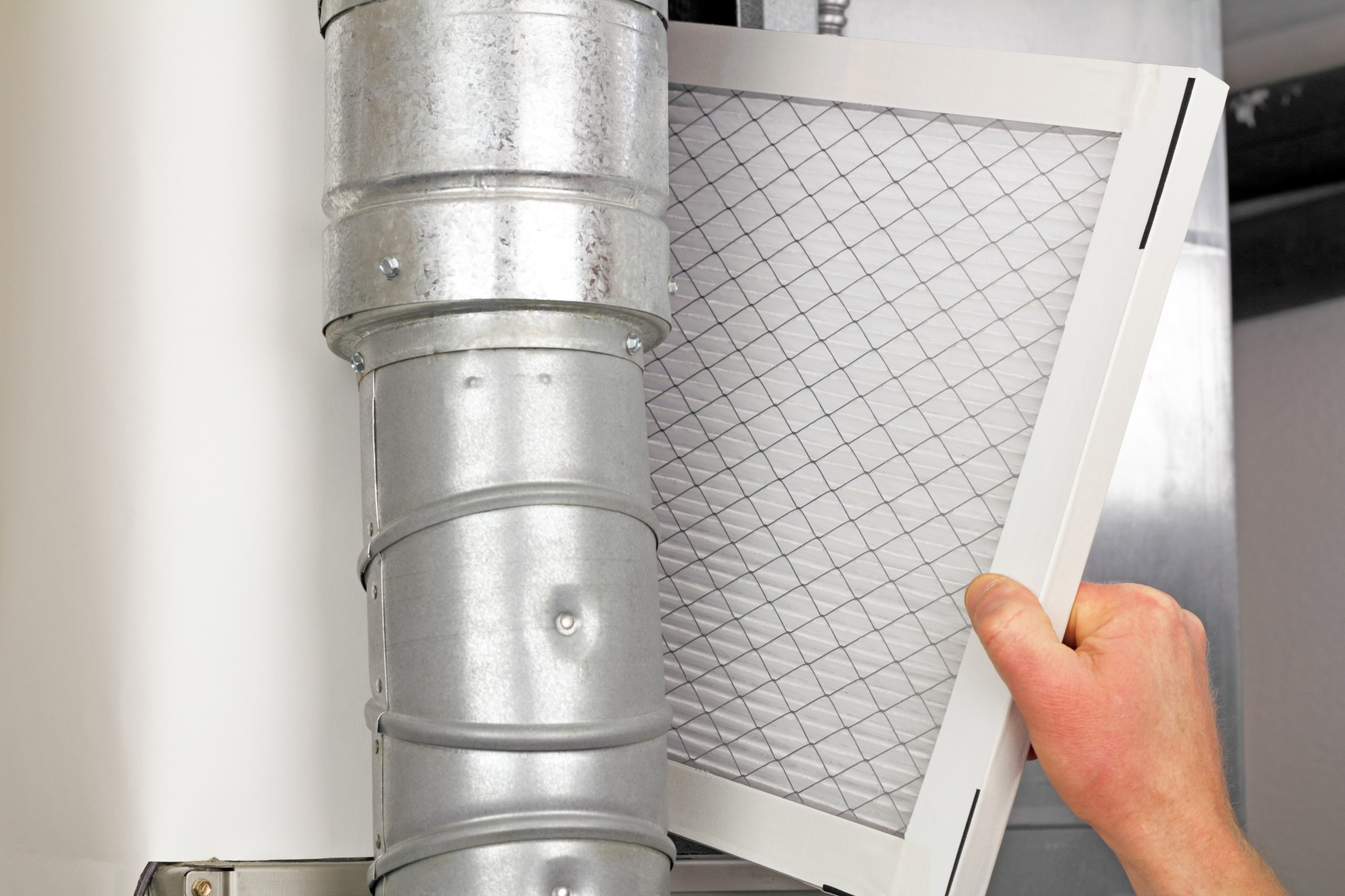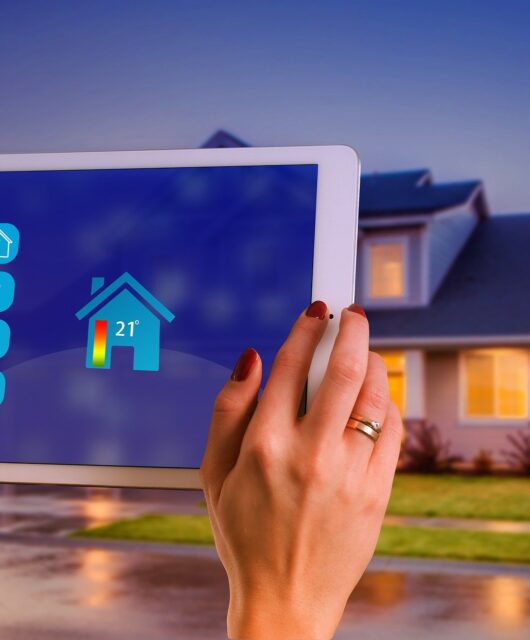Best Home Air Filters: 3 Tips for Choosing the Right One
 If you suffer from allergies or you simply want the cleanest, freshest air in your home, it is essential that you invest in the best home air filters.
If you suffer from allergies or you simply want the cleanest, freshest air in your home, it is essential that you invest in the best home air filters.
Air filters have so many different types and benefits, making your choice difficult. How do you choose which one is right for you? We want to help you pick out the best air filter possible.
Keep reading to learn three techniques for choosing the best air filters for your home.
Table of Contents
1. Understand the Different Air Filter Types
When it comes to choosing the best home air filter, understanding the various air filter types is key. There are three primary types of air filters for home use.
HEPA filters
HEPA filters are always a reliable choice. They’re designed to capture more than 99% of airborne particles, making them among the best air filters for capturing common allergy triggers.
Make sure your filter meets the specific requirements for a true HEPA filter, check the filter’s MERV rating to make sure it can effectively trap particles in your particular environment, and test the air quality around your home before and after installing the filter to make sure it meets your air quality needs.
Carbon Filters
Carbon filters are great at reducing odors and chemical vapors, while electrostatic filters capture particles by creating an electric field on the filter’s surface.
Electrostatic Filters
Electrostatic air filters are an excellent choice for home air filtration. They capture airborne particles with their charged insulation elements as well as dust, pollen, and pet dander, which is beneficial for those with allergies and asthma.
2. Research Available Air Filter Ratings
When researching air filter ratings, it is important to consider several factors to ensure you are selecting the best home air filter.
First, consider your home’s size and the type of air filter that is most suitable. Second, research rating systems and their effectiveness. Third, take cost into consideration. There are a variety of air filter products available and it can be overwhelming to decide on the best one.
It is helpful to look up ratings and read reviews by other customers. Different rating systems usually measure the air filter’s ability to capture small particles like dust and pollen
3. Assess Air Filter Pricing
It is essential to assess the pricing. Depending on the size of the filter, complexity, brand, and type, the available options can range tremendously in cost.
While some may be tempted to always choose the most economical option, this is not always the best approach, but always choose quality products for your home.
Learn About the Best Home Air Filters Today
By following these tips, you can find the best home air filters that meet your needs and budget. Visit stores near you to find out more about how you can choose the ideal air filter for your home. So, what are you waiting for? Start home air quality today!
Did you find this article helpful? Check out the rest of our blogs.









